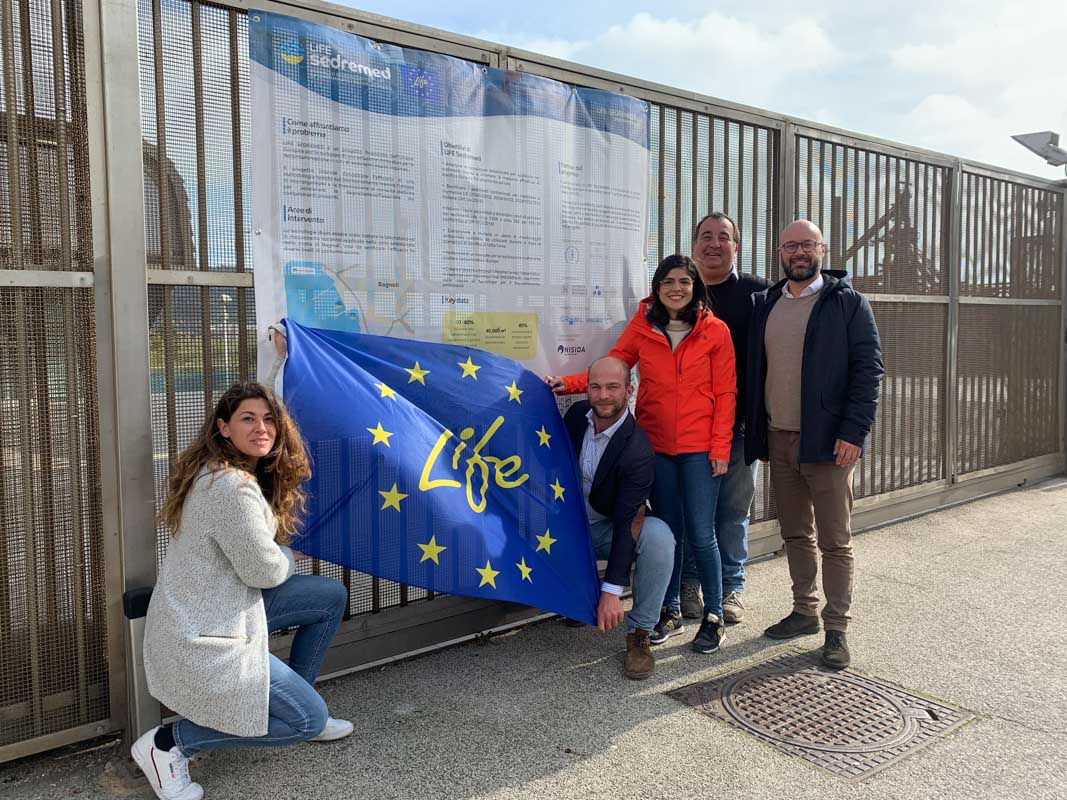Development and Implementation of the LIFE Sedremed European ProjectLIFE SEDREMED is a project co-financed by the European Union, with approximately €1.5 million (out of a total budget of €2.5 million), aimed at developing an innovative solution for the decontamination of polluted marine sites. The project seeks to demonstrate the effectiveness of a methodology based on bioremediation and electrokinetics for the decontamination of coastal marine sediments. The partners involved will develop a prototype for the application of microorganisms within sediments, enhancing their bioremediation capabilities through the transmission of electric current. The process will first be tested at a laboratory scale before being applied in the field. The intervention aims to reduce the concentration of organic contaminants (PAHs, PCBs, PCDDs) and decrease the bioavailability of heavy metals (Pb, Hg, Cd, Cu, Zn, As). The project will contribute to developing a new approach to mitigate environmental risks and lower costs associated with dredging activities and ex-situ treatment of contaminated sediments. Nisida Environment played a key role in the development of the partnership and the drafting of the project proposal, in collaboration with the project coordinator, the Anton Dohrn Zoological Station. The company is also a direct project partner, responsible for communication, dissemination, and replication activities. |

|


